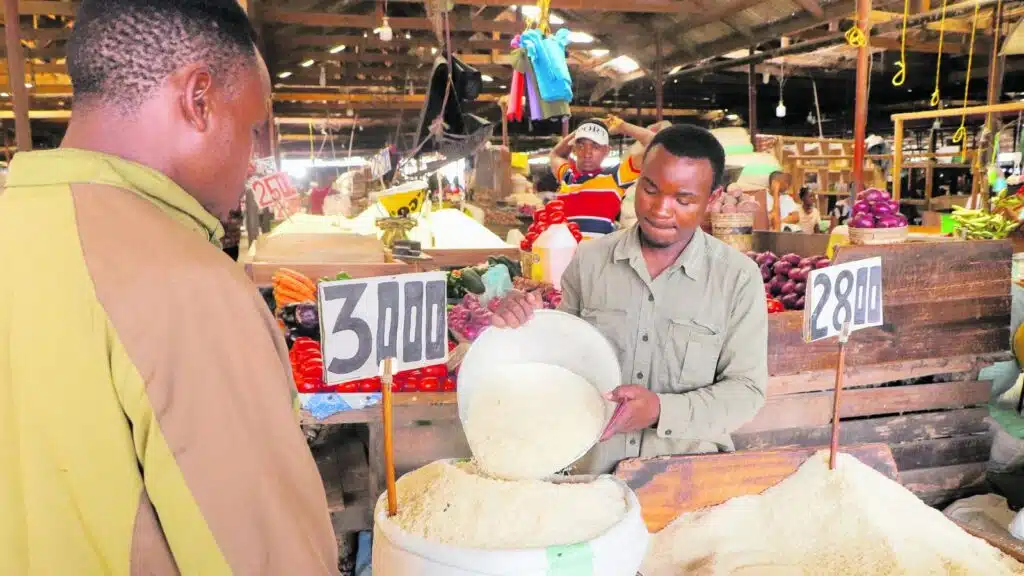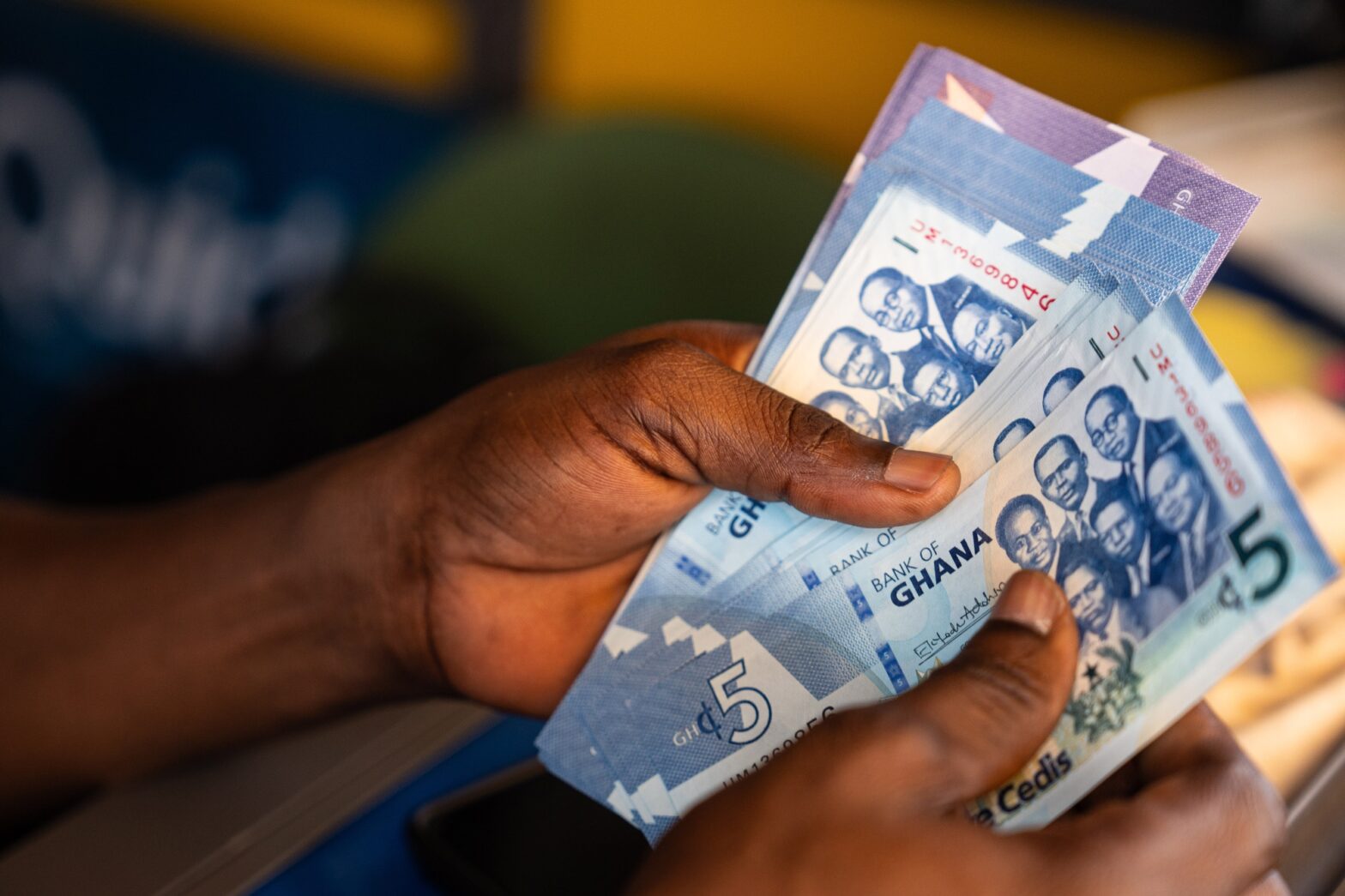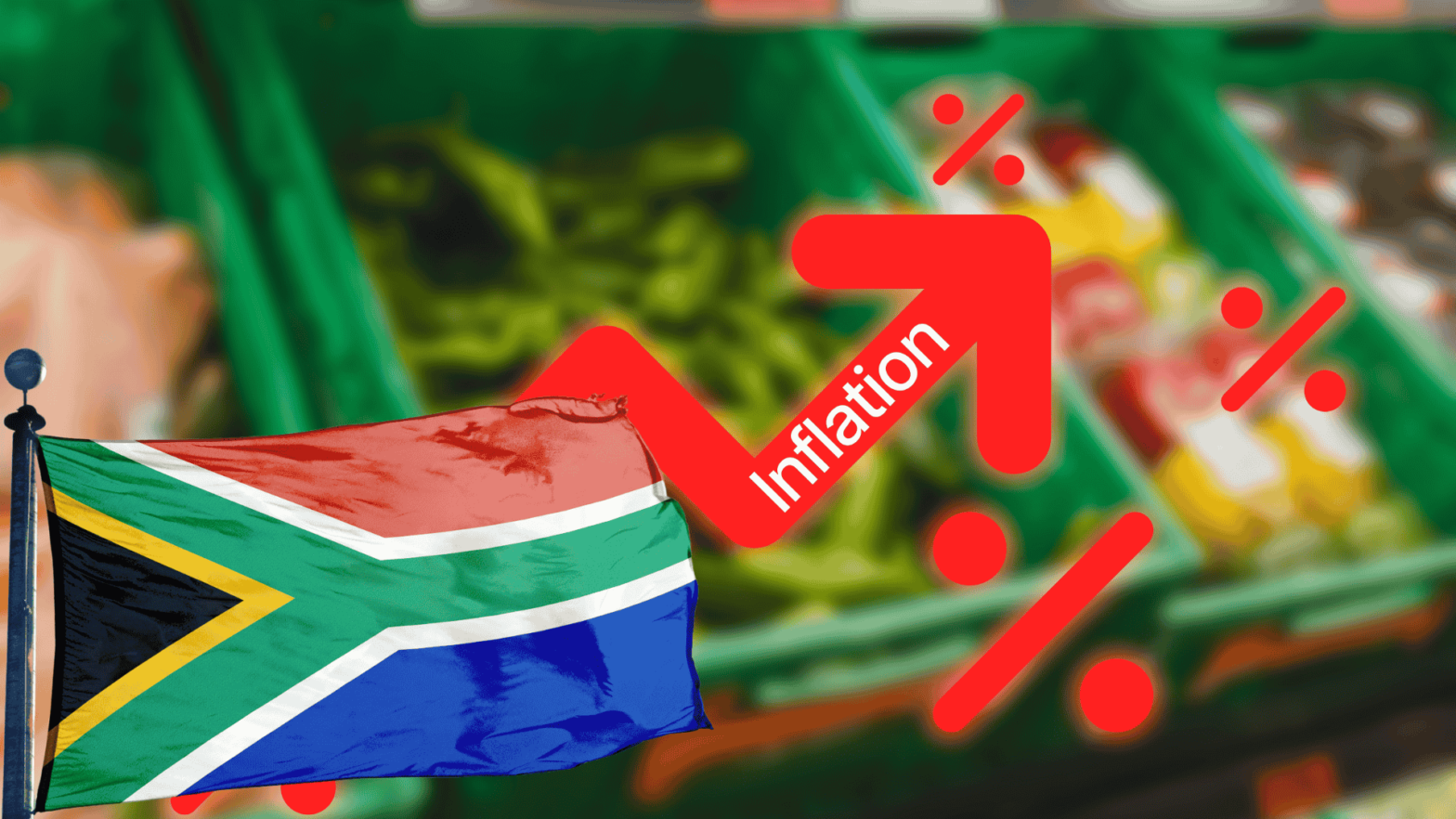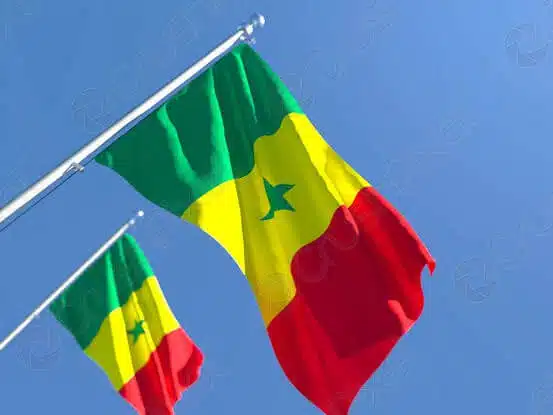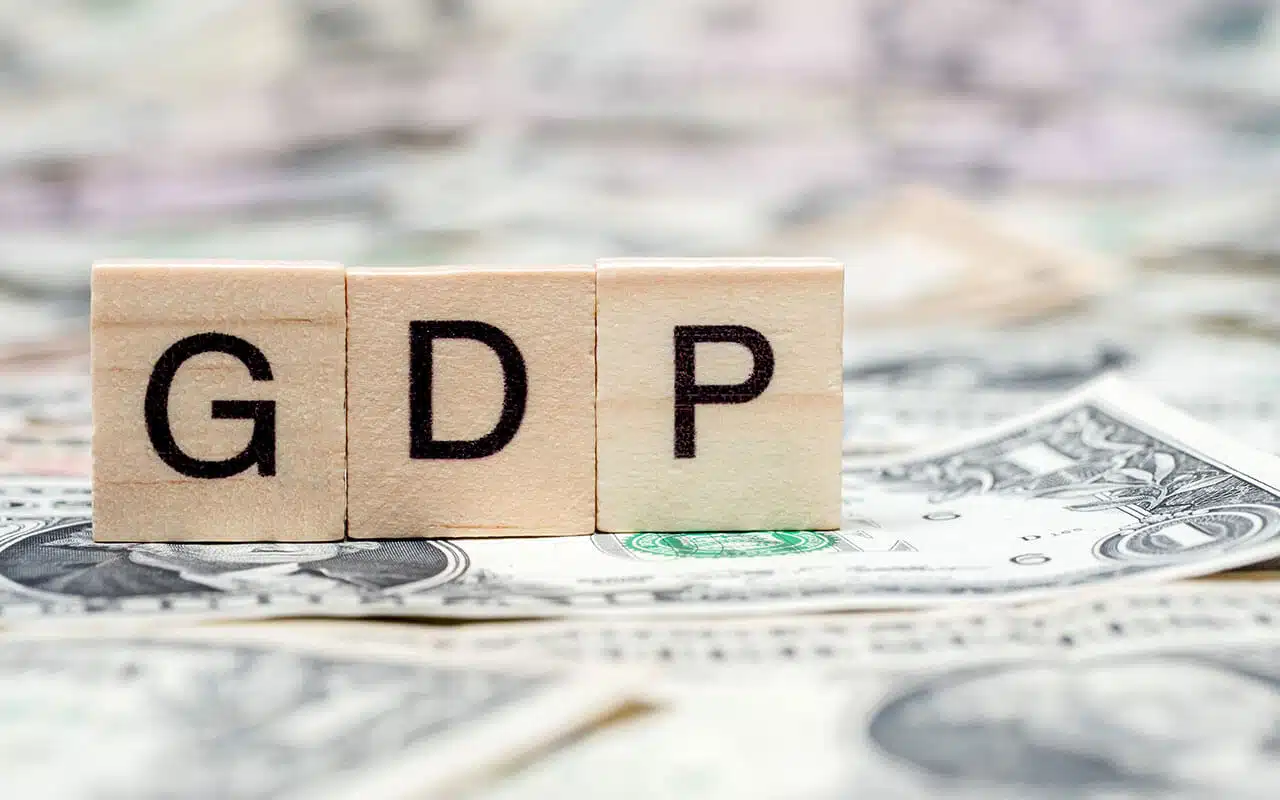Tanzania’s annual headline inflation rose to 3.5% in October 2025, marking the highest level in more than two years as the East African nation grapples with the fallout from its most violent post-election unrest in decades.
The surge comes amid mounting economic pressures and social instability, challenging the country’s long-standing reputation as one of Africa’s most peaceful and stable economies.
The National Bureau of Statistics (NBS) announced on Monday that the Consumer Price Index (CPI) rose from 3.4% in September to 3.5% in October, the highest since June 2023. Price increases were most pronounced in food and non-alcoholic beverages, which rose 7.4% year-on-year from 7% in September.
Other contributing categories included alcoholic beverages and tobacco (3.6%), education (3% vs 2.9%), furnishings and household equipment (3.1% vs 2.8%), and housing and utilities (2.4% vs 2.3%).
Despite the annual uptick, monthly inflation showed a modest decline of 0.2%, after a 0.1% increase in September.
Price drops were observed across both food and non-food categories, with notable decreases in poultry meat (-2.7%), bread and bakery products (-2.5%), finger millet grains (-2.5%), dried beans (-3.1%), dried peas (-3.1%), charcoal (-2.9%), petrol (-1.9%), and diesel (-1.6%).
The Bank of Tanzania, in its last monetary policy meeting, maintained its benchmark interest rate at 5.75% for the second consecutive time, the lowest since March 2024. Governor Emmanuel Tutuba noted that the decision reflects expectations for inflation to remain within the central bank’s target range of 3% to 5%, alongside continued robust economic growth.
Tanzania’s economy has been broadly resilient in recent years, averaging GDP growth of around five to six percent annually, driven by agriculture, mining, and services. However, recent civil unrest threatens to slow investment and tourism, which are key pillars of the economy. Analysts warn that prolonged instability could affect currency stability, disrupt supply chains, and push up prices for imported goods.
The unrest erupted shortly after the October 29, 2025, general elections, where incumbent President Samia Suluhu Hassan sought a full term amid allegations of electoral irregularities. Opposition candidates faced barriers, including detention and exclusion from the race, prompting demonstrations in Dar es Salaam that quickly spread to other cities.
Security forces responded with tear gas, gunfire, and curfews, resulting in international concern and travel warnings from several governments. Opposition party Chadema claims that between 1,000 and 2,000 people have been killed, a figure that, if confirmed, would surpass the death toll of any previous Tanzanian election.
Human rights organisations and foreign observers had previously raised alarms about shrinking civic space, media restrictions, and alleged interference with the Independent National Electoral Commission.
The combination of post-election unrest and rising inflation places Tanzania at a critical economic and political crossroads. While authorities aim to preserve macroeconomic stability, the volatility on the streets and the uncertainty around the electoral process could have lasting implications for investor confidence, domestic consumption, and the East African nation’s broader development trajectory.

